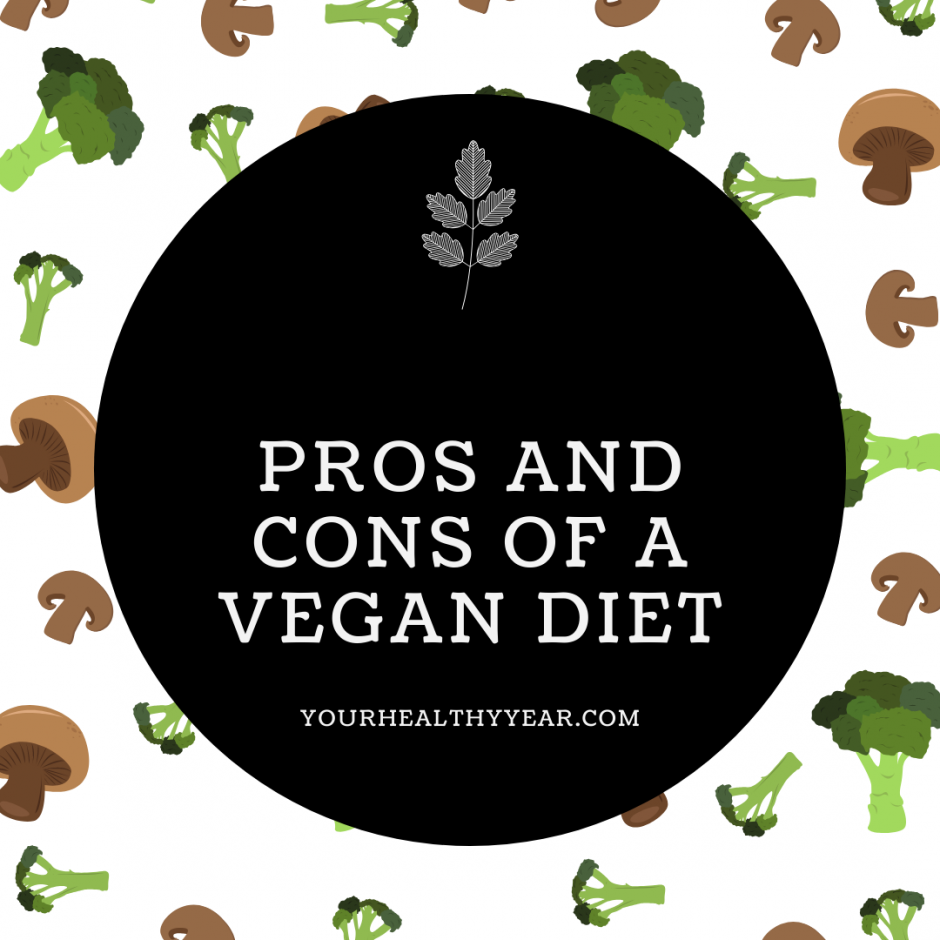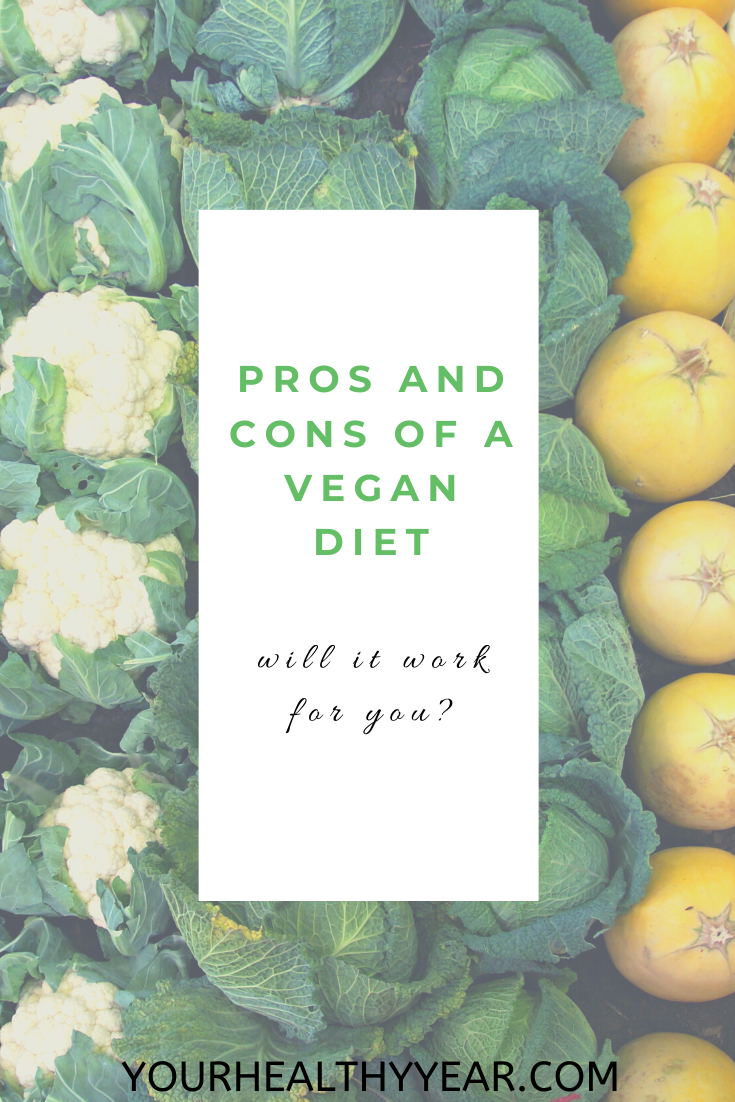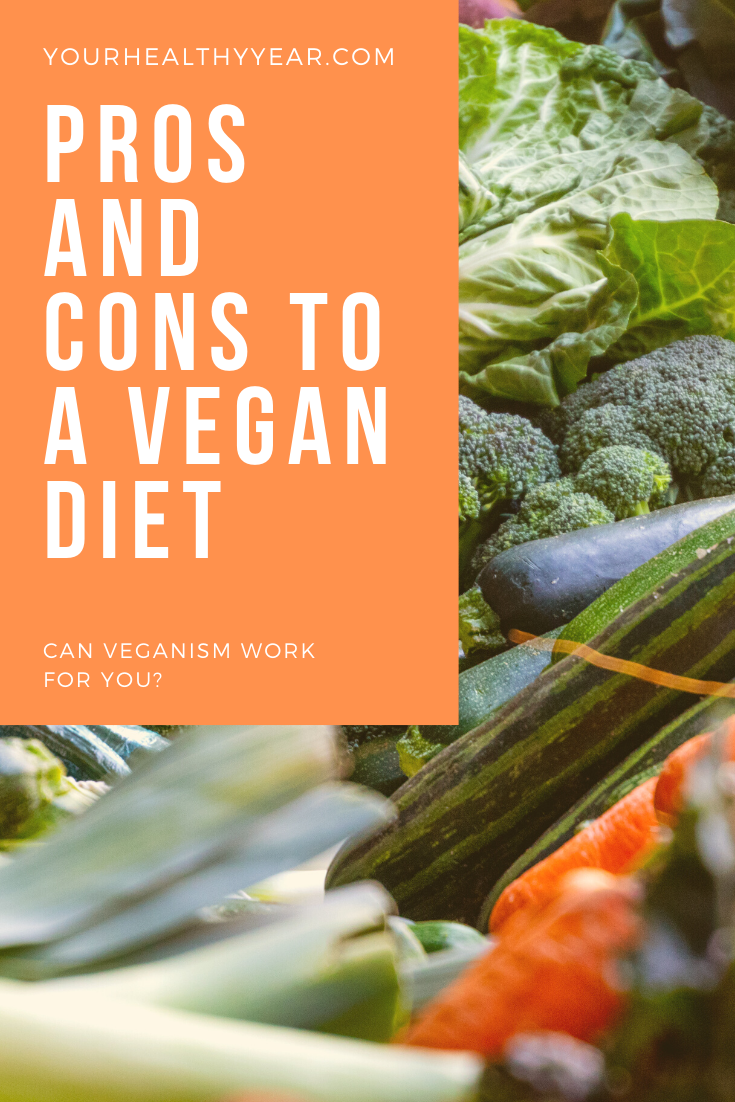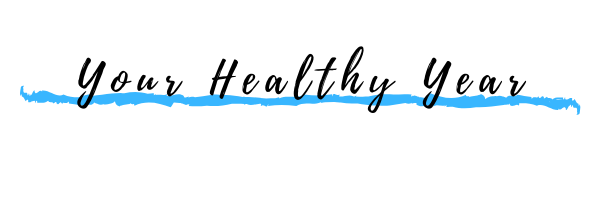Now-a-days everyone is trying to get back into a healthy diet and lifestyle. For some people, this means cutting out meat. If you are considering a vegan lifestyle here are a few vegan diet benefits and downfalls to consider before you take the plunge.

What Does a Vegan Diet Mean?
There are two types of Veganism, really. One is what is referred to as an ethical vegan, they consume no animal products or by products, and avoid using animal products like leather. They don’t want their lifestyles to have impacted any animals.
There are also people who eat a vegan diet, also known as a plant based diet, for health reasons. Their diets are high in fruits, veggies, beans… Plant based foods only, for the purpose of eating healthier. The fact that they harm no animals through their diet is a bonus.
Pros and Cons of a Vegan Diet
To a lot of people, not eating meat is just not an option. However, some people have sworn off meat for their health as well as the environmental impact. Vegans aren’t just about avoiding meat though, they avoid any products that come from animals. This severely limits foods they can eat. When you are consuming a plant-based diet, it is very important that you pay attention to nutrients you are ingesting on a daily basis so you can be sure you are getting what you need from foods.
Vegan Diet Benefits:
- So much of the world is overweight. Part of the reason we have become so overweight is that we are consuming too much fat. Animal meat is rich in proteins and minerals, but it is also rich in saturated fats. Saturated fats can clog arteries and lead to various diseases.
- One important point to remember is that protein comes in many different forms. Many plant sources can provide protein without all the added fat. Some examples include soy, plant sterols, nuts, and legumes.
- Studies have shown that vegans who are diligent in monitoring their diet can reap the benefits of a meatless diet. Vegans who monitor their diet correctly tend to have lower blood pressure, lower cholesterol levels, and healthier bodies overall. They choose healthier sources of proteins and have a much lower fat intake.
- Vegans tend to eat a lot more fruits and veggies than people who eat meat, this means that they have an increased nutrient intake. Eating cruciferous veggies like broccoli can decrease your chances of developing cancer and heart disease.
Cons to a Vegan Diet:
- Sure, it looks like the perfect diet. Lots of fruits and veggies, low fat, etc. But, like everything, there are a few downsides to consider. For example; are vegans getting enough protein? Unless they carefully monitor their diet it may be hard to get enough protein. Protein is needed for muscle repair and development and overall cellular functions.
- Vegans typically eliminate all dairy and eggs from their diet too. Eggs are an excellent source of protein and they also lower food cravings. Dairy, as we all know, is a great source of calcium. The older we get, the more calcium our body needs to build and maintain strong bones. When your body doesn’t get enough calcium, it takes it from the bones. This leads to bone fractures and osteoporosis.
- Iron is a very important mineral for women, especially when menstruating. Iron helps build your blood and maintain energy. Iron is most significantly found in eggs and meat, which leads one to believe that Vegans are at risk for iron deficiency.

Being Smart About Your Diet
I am absolutely behind people choosing a Vegan diet… There are definitely a lot of vegan diet benefits. As long as you are making sure your body is getting what it needs. While it might seem simple to just jump in and eat fruits, veggies, beans, and tofu, you body needs certain macro nutrients and vitamins to function. If you don’t do your research and make sure that you are getting what you need it can be really bad for your health.
I also have plans of my own to try a vegan diet in 2020. I’m going to try it for a month and see if it works for me, and I have been doing a lot of research and planning so far. Before I actually start, I want to make sure I have a couple yummy recipes under my belt. I also want to make sure I have the vitamins and supplements I need. I know I will need a B12 vitamin for sure.
When people don’t do their research before jumping in head first with their vegan diet, their diets are very likely to fail. They will eventually end up eating meat, thinking that the vegan diet they are consuming is at fault for their poor health, when in fact it is because they didn’t do their research. They aren’t eating a balanced diet, they aren’t taking the vitamins and supplements they need, they are missing macro nutrients, etc.
Doing What is Right for You
The bottom line is this: If you decide to live a vegan lifestyle you have to make sure your body is getting the nutrients it needs, the same can be said for any diet you choose. It is definitely possible to live a healthy lifestyle on a vegan diet, as long as you are diligent in giving our body what it needs.
It may take some time, and lots of trial and error, before you find the meals that work for you and your family. You may need to try a bunch of recipes before you find the ones that you like. There are tons out their though and the vegan recipe book business is booming, so I’m confident everyone can find enough meals to fill their meal plan!


I enjoy the efforts you have put in this, regards for all the great blog posts.